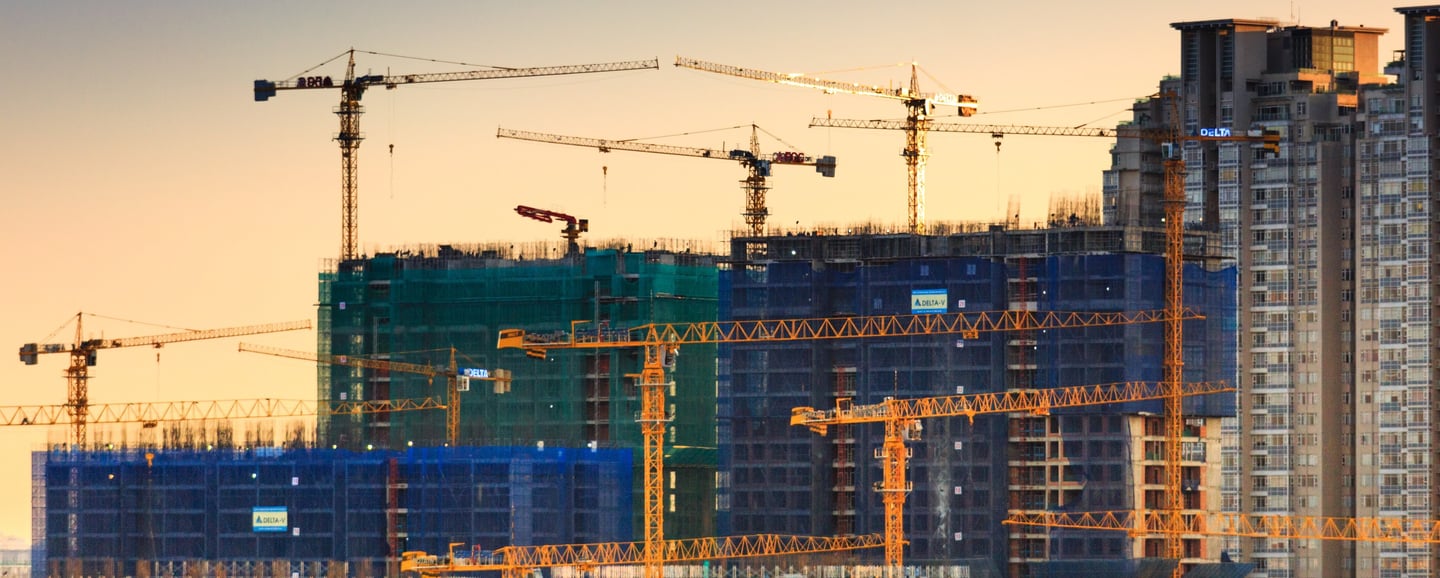Book available on Amazon: Link ……..https://amzn.in/d/2bUvej0
What is real estate technical and environmental due diligence
Today, we're going to dive into the important topic of technical and environmental due diligence in real estate. This is a crucial step in the real estate transaction process that can make or break a deal. So, if you're in the market for a new property or are considering investing in real estate, this article is for you!
TECHNICAL AND ENVIRONMENT DUE DILIGENCE
Raj K.
2/2/20232 min read


Today, we're going to dive into the important topic of technical and environmental due diligence in real estate. This is a crucial step in the real estate transaction process that can make or break a deal. So, if you're in the market for a new property or are considering investing in real estate, this article is for you!
First, let's talk about technical due diligence. This is the process of evaluating the technical aspects of a property to ensure it meets your needs and requirements. The objective of technical due diligence is to identify any potential issues or risks that could affect the value or use of the property. Some of the key areas of focus in technical due diligence include:
Building structure and systems: This includes evaluating the condition of the building, its foundation, roof, walls, and any mechanical, electrical, and plumbing systems.
Zoning and land use: This involves ensuring that the property is zoned for the intended use and that there are no restrictions or limitations that could impact its value or use.
Permits and approvals: This involves reviewing all necessary permits and approvals required to develop, use, or occupy the property.
Environmental concerns: This includes evaluating the property for any potential environmental hazards, such as contaminated soil or groundwater, and ensuring that all necessary environmental assessments have been completed.
Now, let's turn our attention to environmental due diligence. This is the process of evaluating the environmental risks and liabilities associated with a property. The objective of environmental due diligence is to identify any potential environmental hazards or risks that could impact the value or use of the property. Some of the key areas of focus in environmental due diligence include:
Site contamination: This involves evaluating the property for any contaminants, such as chemicals, petroleum products, or hazardous waste, and determining the extent of the contamination and any necessary remediation measures.
Water quality: This involves evaluating the quality of any water sources on the property, including wells, streams, or lakes, to ensure they are safe for use.
Air quality: This involves evaluating the air quality on the property and ensuring that it meets all local and federal air quality standards.
Natural hazards: This involves evaluating the property for any natural hazards, such as earthquakes, hurricanes, or floods, and determining the potential impact they could have on the property.
Conclusion
In conclusion, technical and environmental due diligence are two critical steps in the real estate transaction process that can save you time, money, and hassle in the long run. By thoroughly evaluating the technical and environmental aspects of a property, you can make informed decisions and minimize your risks. So, whether you're in the market for a new home or considering investing in real estate, make sure to consider technical and environmental due diligence.
North India - Delhi NCR
UTTAR PRADESH : B-122, Sector-Omicron-1A, Greater Noida, Gautam Budh Nagar, Uttar Pradesh, India - 201310
Hours
I-V 9:00-18:00
VI - VII Closed


Copyright
We have @SarvePermits & Legal Advisory Pvt Ltd's original, exclusive and copyright protected content for you. Don't miss out on the opportunity and get access to our informative content today! #CopyrightProtected #OriginalContent #SarvePermitsAndLegal. If you have any questions about using our content, please contact us for permission. #copyright #protectourproperty #IP #SarvePermitsAndLegalAdvisoryPrivateLimited.
Western India - Maharashtra
MUMBAI : Office No.- 1408, Ghanshyam Enclave, Opp. Lalji Pada Police Station, Link Road, Kandivali West, Mumbai
South India - Karnataka
BANGALORE : B-2, Ground Floor, Museum Terrace, 29 Museum Road, Bangalore-560001
RESIDENCE : 50808, Tower 5, Bhartiya City Nikoo Homes 1, Thanisandra Road, Kannur, Bangalore - 560064
Eastern India - Jharkhand
BOKARO : 689, Sector-1/C, Bokaro Steel City, Dist.- Bokaro, Jharkhand -827001
